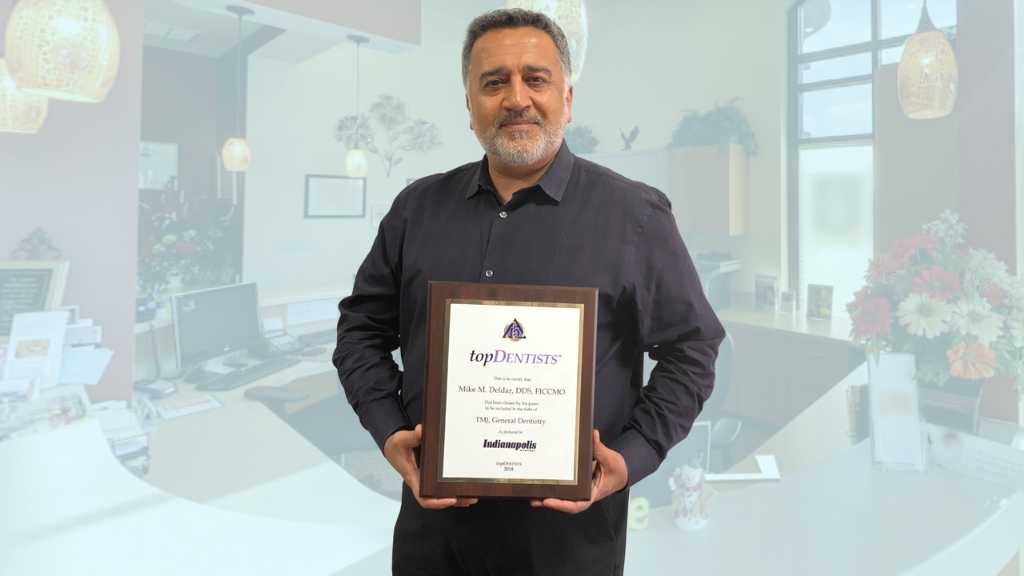Awareness continues to grow about the dangers of sleep apnea for a good reason. There’s a link between this condition and the risk of developing heart attacks has also gained more attention. Sleep apnea has been shown to be a contributing factor in high blood pressure, heart attacks, and cardiovascular diseases. To add, heart arrhythmia. A neuromuscular dentist can help by treating your sleep disorder and reduce your risk of cardiovascular diseases.
What is sleep apnea?
The condition of sleep apnea occurs when an individual has difficulties with shallow or regular breathing at night. The cause of this medical disorder is from a blockage in the upper respiratory airway. When either the tongue falls back into that airway, the throat muscle collapses. To add, enlarged adenoids and tonsils impede the flow of air. Once that airway is cut off, the brain awakens to signal the respiratory system to get moving. Breathing will then resume with what sounds like a loud snort or gasp, as the body jolts you awake. After your body is awakened in this manner several times each night, you feel tired and exhausted throughout your day. As your condition worsens, the impact goes much further than feeling tired each day, a heart attack could happen at any moment.
How are heart attacks related to sleep apnea?
When you are having an apnea event, otherwise known as a pause in your breathing, the level of oxygen in your blood will drop drastically. When this occurs, the brain has to wake from its restful state to begin sending signals to your nervous system so that it will begin constricting your blood vessels so the flow of oxygen to your heart and brain can increase. Each night the brain is telling the nervous system to send more oxygen to these vital organs, and this results in your blood pressure increasing night after night.
The average person and a restful state will see a 10 to 20% drop in blood pressure while they sleep, but sleep apnea sufferers see their blood pressure rise as much as 20%. The most alarming statistic in extreme cases is that there is a 40% swing in risk between those who do and do not have the sleeping disorder.
Should you be concerned about your condition?
Although the increase in your blood pressure usually occurs in the middle of the night, as your condition worsens, the periods of high blood pressure begin overlapping into the times while you are awake during the day. So now the increase in blood pressure begins happening all the time, which brings with it the increase and potential heart attacks. The national sleep foundation conducted a study that revealed that men with sleep apnea were 58% more likely to have a heart attack than men who did not have the disorder. Even more alarming, the study went on to show men over 40 with sleep apnea had a 68% chance of developing coronary heart disease. The study went on to show an increase in risk in direct relation to increase in age.
How can a neuromuscular dentist help?
There is a great deal of correlation between sleep apnea and poor jaw alignment. If your lower jaw needs to go backward in order for your teeth to come together to bite or chew, then your tongue has to go backward toward the throat which impairs your airway. The treatments a neuromuscular dentist can administer can reduce daytime and nighttime blood pressure in patients. By reducing the effects of sleep apnea, the patient will be less at risk for high blood pressure, heart disease, and heart attacks. This type of therapy treatment is minor in cost compared to having to be treated for a heart attack.
Patients who suffer with sleep apnea and are getting concerned that they may be at increased risk for significant heart health events should discuss the options available to them. Your neuromuscular dentist can help address your sleeping disorder issue and reduce your chance of developing heart disease. There is no good reason why your sleeping disorder should be the reason that you unnecessarily suffer a deadly heart attack. Call today and speak to one of our friendly staff members who will gladly schedule you for a free office consultation with Dr. Deldar.





